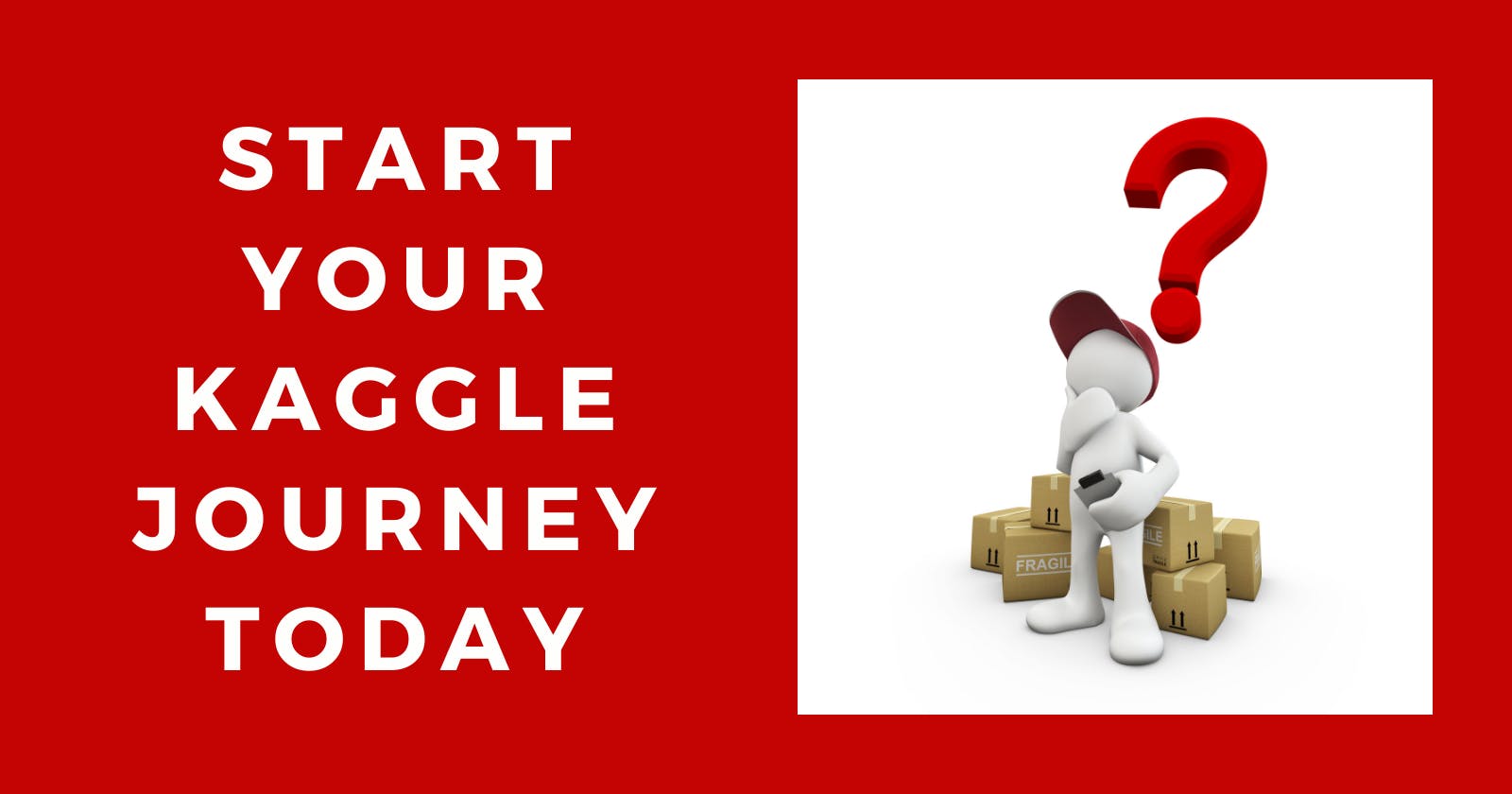Hello folks. How're you doing? Hope everything is fine with you. And today, I want to publicly commit myself to the 2 Articles 1-week challenge. Every week I will write two articles on Data Science from my past experiences or my learnings of the week.
Ok then, keep all those stuff aside. In this blog, I am going to help you to start your Kaggle journey today.
What is Kaggle?
Kaggle is a platform for Data Science competitions.
Competitive machine learning can be a great way to develop and practice your skills, as well as demonstrate your capabilities.
Why Kaggle?
Because it has well-defined problems with data. Great discussion space to learn from others or you can contribute.
You can build up a portfolio of projects. Kaggle offers its audience a chance to get into the biggest Data Science community in the world.
Here are the 5 steps which should be followed to get more from Kaggle.
1. Pick a Programming Language
Pick one programming language and stick with it.
If you are a complete beginner then pick Python because it's a general-purpose programming language and easy to learn.
Get familiar with Kaggle Notebooks.
2. Learn the basics of EDA
Exploratory analysis is the fisrt step in Data Science because it informs the various decisions/ insights you'll make throughout model training and also you use these insights to make business decisions.
As a python user start with matplotlib or seaborn. As a R user start with dplyr or Ggplot2.
Training your first ML model
Before you get started on Kaggle, take your time to train and practice on a manageable and simpler dataset.
It is better to learn and practice techniques like how to split your data, cross-validation, parameter tuning, using performance metrics, etc...
As a python user start with Scikit-Learn.
Learning competitions
Start with the "getting started" category of the competitions.
Kaggle competitions fall into many categories like Featured, Research, Recruitment, and Getting Started.
Getting Started category is great for beginners and also supported by many community-created tutorials.
Focus on learning not on earning
After getting good handson it's time to progress to 'Featured' competitions.
The key to success, if you are a beginner, is patience and learning from mistakes.
It will take a lot of effort and time to get a good ranking. To avoid getting frustrated and discourage choose your battles wisely.
While prize money is great but is not the main focus, the most valuable benefit is learning skills to prepare you for the real world.
Here are some of my personal tips for you :
a. Set incremental goals
b. Review most voted kernels.
c. Ask questions on the forums.
d. Work solo to develop core skills.
e. Don't worry about low ranks.
That's all for the day peeps. Hope you enjoyed this. Stay tuned for my next article on Thursday. In the meanwhile, you can check my Twitter where I post daily threads on Data Science.
